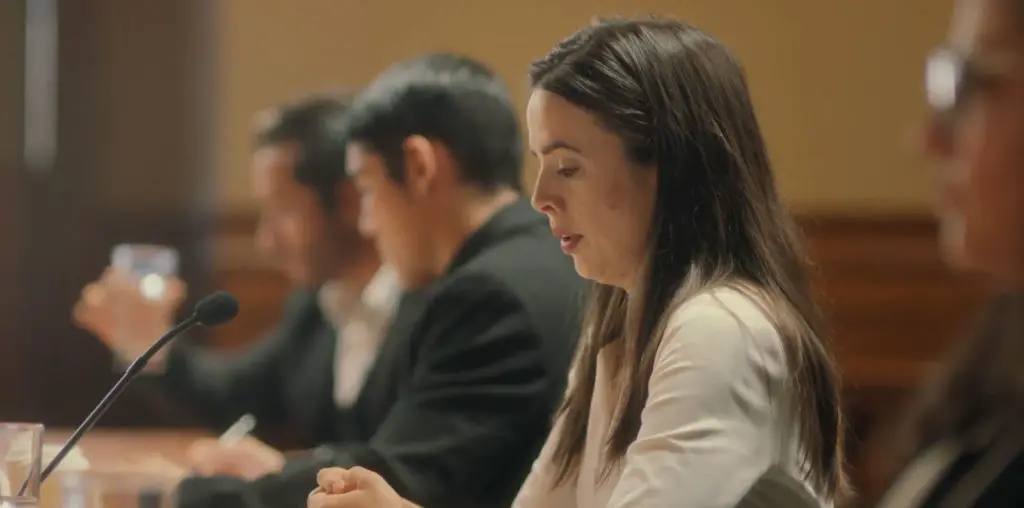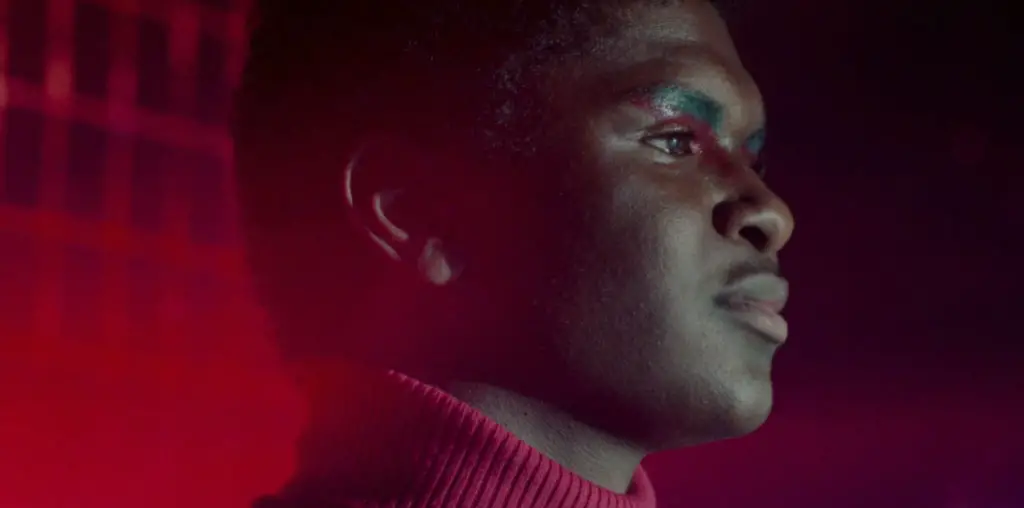
Sometimes bad thespians happen to good movies. The basic concept behind “The Butterfly Effect”–while opaque in description–is compelling, especially when events near the end throw a question at the viability of the premise. But the tale is completely undermined by one inescapable fact: Ashton Kutcher blows the whole deal.
I will admit to going into this with skepticism that he could pull it off, yet I forced myself to allow him the chance to succeed. However there is no way to ignore the fact that he was incapable of delivering the goods, let alone carrying the entire picture. Even if he is given the benefit of the doubt by the most forgiving of viewers, there are flashback scenes where he remembers occurrences in his youth and the fact that the 13 year old actor is vastly more talented cannot be ignored. Animated flashbacks might have been the only way to make Mr. Demi Moore look good.
The title refers to the old theory that the esoteric actions of a butterfly could have lasting effects on the planet–therefore a slack-jawed cover boy who jumps back and fiddles with history could really end up screwing the pooch. After a vague foreshadowing we begin by following the actions of four young kids who have a variety of challenges and experiences that mold their lives. Young Evan, (soon to be Kutcher) has a father in the psyche bin and tends to act erratically; he has his eye on a young girl down the block with a predatory father; her brother Tommy is a savage in training; and an additional kid who has asthma and is prone to falling into shock. The only way you could have a more problematic neighborhood would be if there was mercury in the water and power lines over the elementary school.
Evan copes with the numerous emotionally crippling events by blacking-out on the scene, coming up with amnesia as he awakes. As an adult Evan/Kutcher celebrates the fact that he has had no blackouts for seven years, and he tries to get to the bottom of his affliction by becoming a psychology major in college. Accepting Kutcher as a scholastic prodigy who blows the Bell Curve is the first of numerous times that his appearance here unravels a potentially compelling story. Ash comes to discover that as he reads journals from his past he can recover memories that he had blocked, and furthermore he can also lucidly partake in his past, affecting things in the present. This sends Evan on a crusade to correct the many insurrections in his past, and to be expected the contemporary ramifications are far reaching.
From the kids to the adult players, the cast does an overall solid job in delivering the script, but every time Ashton is on screen he becomes laughable by comparison. Amy Smart has a dynamic performance where her character undergoes significant changes with each one of Evan’s transportations. But while she is rewarding in each of her manifestations she’s really dragging an anchor with Kutcher. Co-writers and co-directors J. Mackye Gruber and Eric Bress certainly had a strong script, and they held out for some time in order to also direct. Evidenced by the fact that Kutcher is executive producer I would guess his inclusion was needed to get this off the ground. The sad thing is this is also what undermines what might have been a compelling production.


